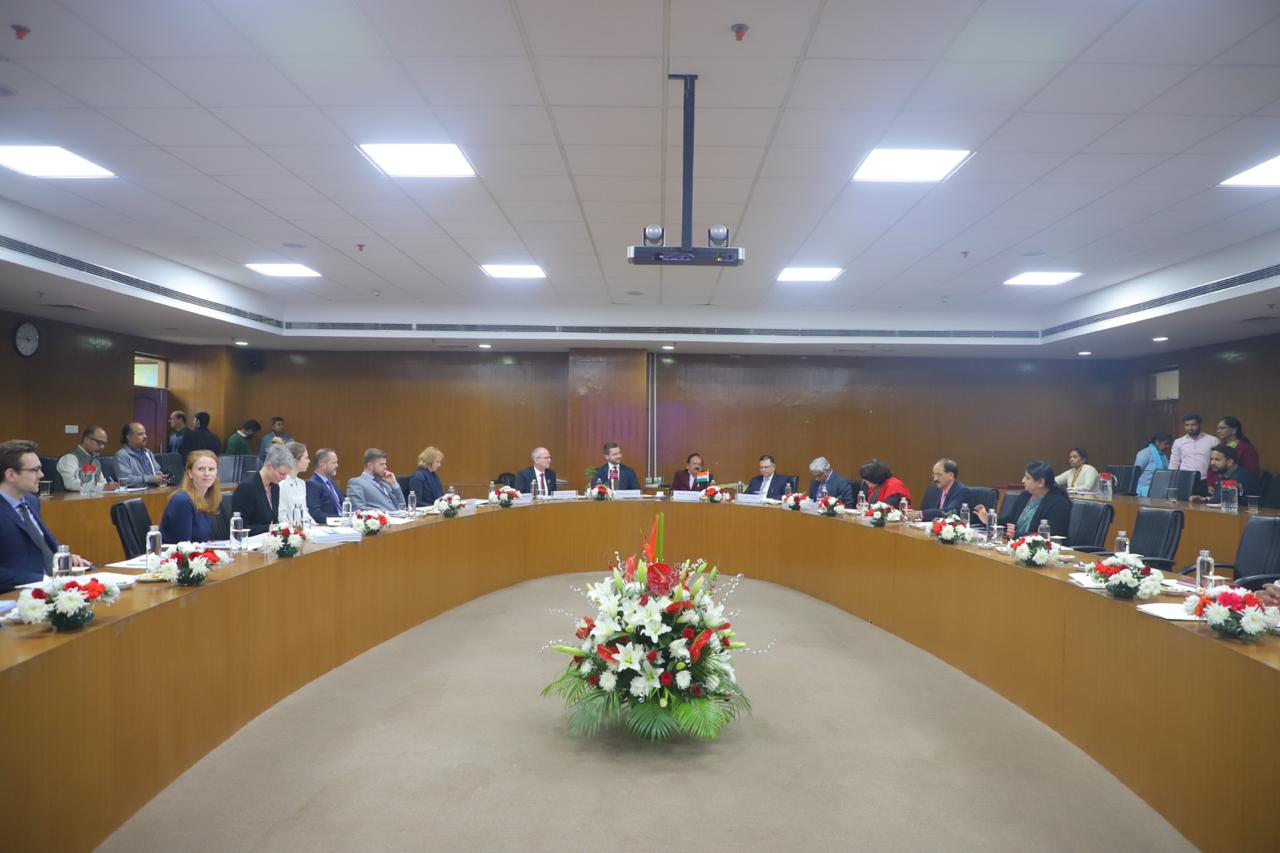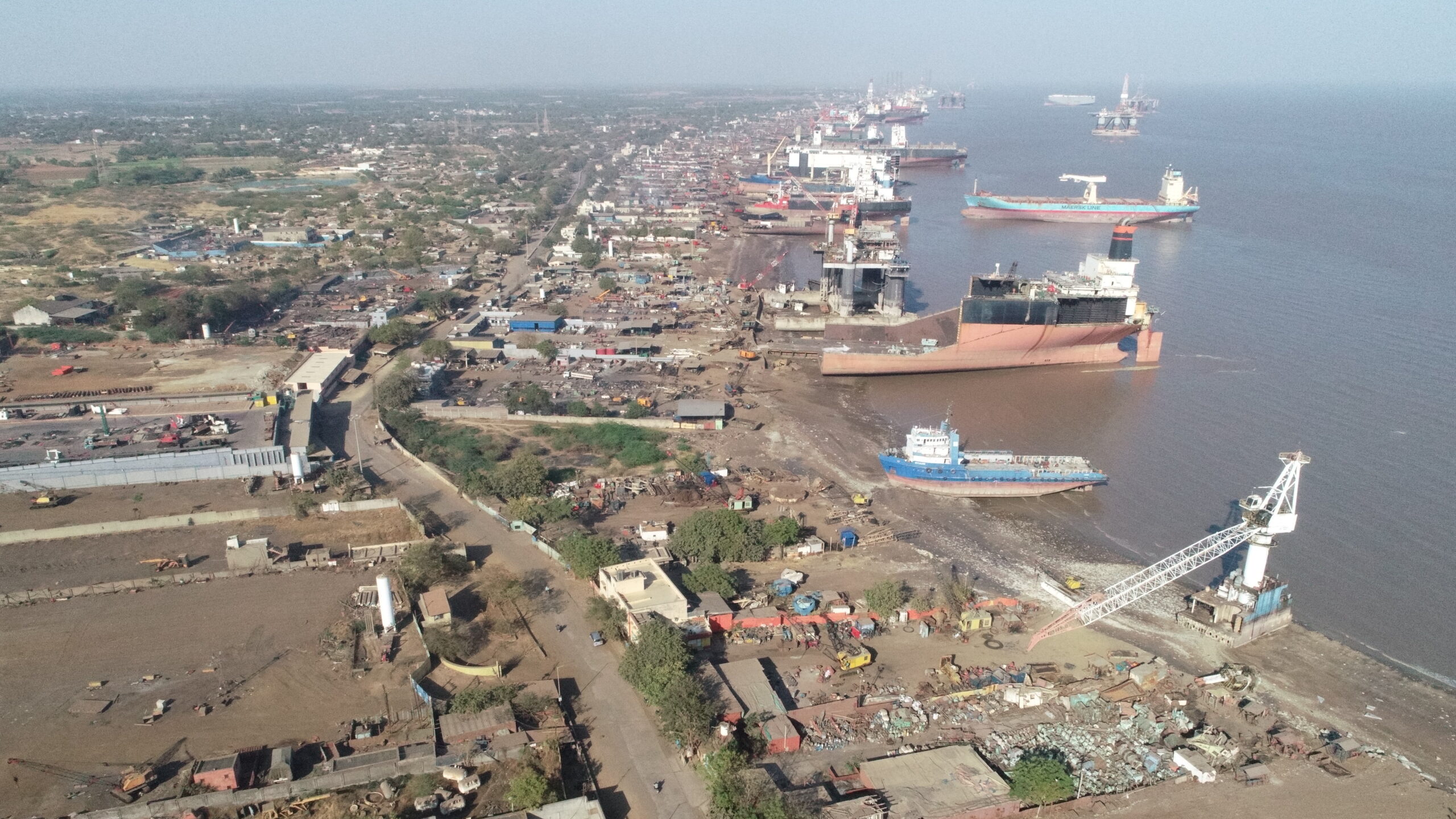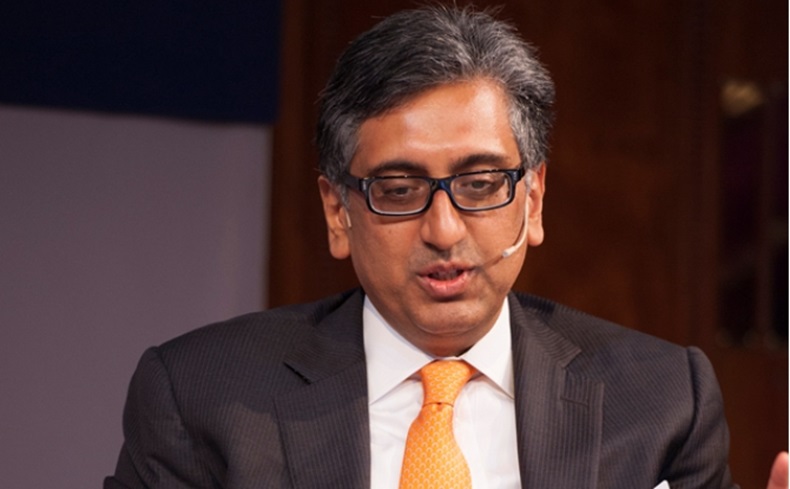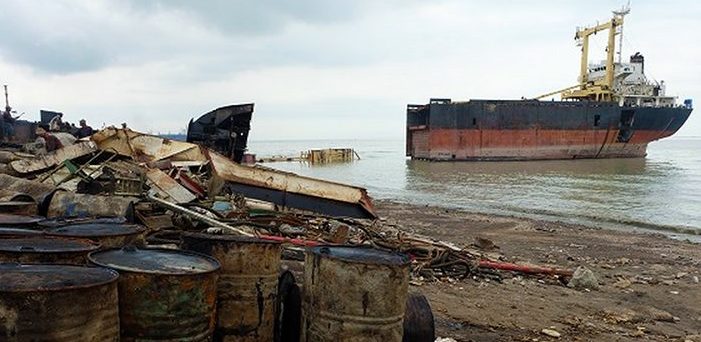India Explores Deep-Sea Fishing Collaboration with Norwegian Group to Boost Blue Economy
In a significant step toward strengthening India’s blue economy, Hon’ble Union Minister of Ports, Shipping & Waterways (PS&W), Shri Sarbananda Sonowal, and Hon’ble Minister of Fisheries, Animal Husbandry and Dairying, Shri Rajiv Ranjan Singh (Lalan Singh), held a meeting with representatives of a leading Norwegian group to explore advancements in deep-sea fishing.

The meeting, held in New Delhi, focused on a wide range of collaborative opportunities, including a pilot run for deep-sea fishing, vessel production, vessel financing, and the facilitation of these modern technologies for India’s fishing communities. The discussions come at a crucial time when India, the world’s second-largest fish producer, is seeking to scale up its fisheries sector with the introduction of modern, sustainable practices.
Deep-sea fishing, which involves fishing activities conducted far from the shoreline using specialized vessels and advanced technology, is increasingly being recognized as an area of untapped potential for India. At present, India’s fishing industry is heavily dependent on nearshore and traditional fishing methods, which not only strain coastal ecosystems but also limit economic returns.
By adopting deep-sea fishing on a larger scale, the government aims to enhance fish production, open new avenues for seafood exports, and improve the livelihoods of fishermen. The introduction of Norwegian expertise in vessel design, safety standards, and financing models is expected to create a strong foundation for India’s deep-sea fishing program.
Speaking after the meeting, Union Minister Sarbananda Sonowal emphasized that the collaboration aligns with the vision of Hon’ble Prime Minister Shri Narendra Modi, who has repeatedly highlighted the importance of developing India’s blue economy. “Under the leadership of the Prime Minister, India has set ambitious goals to modernize its fisheries sector, and today’s discussion with our Norwegian counterparts brings us closer to realizing these aspirations. Deep-sea fishing will not only increase our production capacity but will also contribute to sustainable practices that protect our marine ecosystem,” he said.
A major part of the discussions revolved around vessel production and financing mechanisms. Norwegian companies have long-standing expertise in designing deep-sea fishing vessels equipped with modern storage, processing, and navigation systems. For Indian fishermen, the cost of acquiring such vessels is a key barrier.
To address this, the talks included possible financing models and partnerships that could make vessels more affordable. The introduction of subsidies, low-interest financing, and cooperative ownership structures were also considered as part of the strategy to ensure accessibility.
Minister of Fisheries, Rajiv Ranjan Singh, underlined that empowering fishermen with modern vessels is essential to improving their productivity and earnings. “Our fishermen are at the heart of India’s seafood industry. By equipping them with modern vessels and training, we can help them venture further into the seas, increase their catch, and fetch better prices in domestic and international markets. This will mark a new era of prosperity for coastal communities,” he said.
India’s blue economy, which encompasses fisheries, aquaculture, marine transport, renewable energy, and ocean-based tourism, has been identified as a priority sector under the government’s economic strategy. Fisheries alone employ nearly 14 million people directly and indirectly, making it one of the most vital sectors for coastal states.
With India contributing about 7.5 percent of the world’s fish production, the sector is already a global force. However, officials believe the country has the capacity to scale up significantly by tapping into underexploited deep-sea resources. Norwegian collaboration is expected to provide the technical know-how, while Indian expertise in aquaculture and a growing export market can drive the initiative forward.
The proposed pilot run for deep-sea fishing will serve as the foundation for scaling up operations. The plan includes the introduction of a select number of advanced vessels in different coastal states to test their viability, efficiency, and economic benefits. The findings will help shape a broader national program to mainstream deep-sea fishing.
Additionally, training and skill development of fishermen will be a crucial element of the program. Norwegian experts are likely to partner with Indian training institutes to impart knowledge on vessel handling, deep-sea navigation, sustainable fishing methods, and onboard processing.
While economic growth remains the driving factor, sustainability is a central theme in India’s deep-sea fishing push. Overfishing in nearshore waters has led to concerns about the depletion of fish stocks and the long-term health of marine ecosystems. By moving fishing activity farther into deep waters, pressure on coastal zones can be reduced, ensuring ecological balance.
The meeting concluded with a shared commitment to explore avenues for cooperation and establish a roadmap for action. Officials from both countries expressed optimism that this partnership could emerge as a model for sustainable fisheries development in the region.
As India moves forward with its deep-sea fishing strategy, the initiative promises not only to boost seafood exports and generate employment but also to place India at the forefront of global discussions on sustainable ocean management.
Author: shipping inbox
shipping and maritime related web portal









